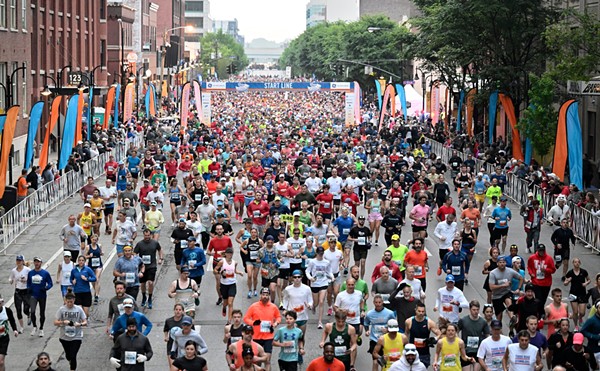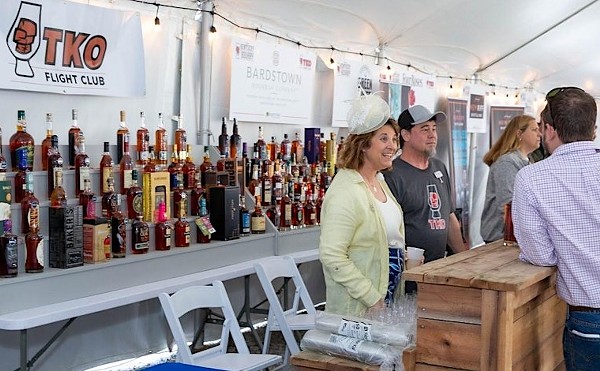Ken Shapero’s dream job ends Saturday.
The sold-out show that night is the last in The Jazz Factory’s five-year run. When Shapero, who managed the club with his wife Dianne Aprile, announced he would suspend operations as of March 29, the shockwaves reverberated well beyond the Glassworks building on West Market Street.
Where most clubs and restaurants treated jazz as background music or second-tier entertainment, “The Jazz Factory had the order the opposite way,” said Nancy Grant, president of the Louisville Jazz Society.
“The music was always No. 1.”
Price and talent were not factors in the closing, Shapero said. It was a matter of reaching the audience.
“As a business, we were hitting all the ratios that we needed to hit,” he said. “Over five years, we couldn’t ever reach the consistent critical mass of audience night after night after night to support the concept of The Jazz Factory as a five-night-a-week venue.”
Jamey Aebersold, the saxophone player who organizes jazz workshops at U of L every summer, was more blunt.
“If LEO and The Courier-Journal would’ve written more about it, they’d still be in business,” he said. “There’s just not much jazz around here. We all felt like a part of our heart had been torn out.”
Donovan Reynolds, executive director of Louisville Public Media, offered his condolences. “We are disappointed to see the Jazz Factory go, but we are looking forward to working on future projects with Ken and others in the jazz community.”
Louisville jazz singer Jennifer Lauletta said she felt drawn to The Jazz Factory when she decided to start performing again after a 20-year hiatus, in part because the club put artists out front.
“It was like losing an old friend,” she said. “It was a venue where you were able to practice your craft, and people came there to listen. You weren’t wallpaper.”
Chuck Marohnic, who retired here from Arizona State University and whose trio played the club frequently, said Louisville has lost a global asset. “We had the privilege of hearing top international jazz talent, and now we’ve lost that.”
U of L jazz professor Mike Tracy said it would be a mistake to think of the club’s closing as a sign jazz can’t thrive, even though the price tag for jazz artists ranges from $2,500 for a single act to $35,000. “I understand completely what Ken was facing,” he said. “It’s very difficult to have a place of quality like that.”
Both Tracy and Aebersold don’t see U of L filling the void completely, because of a lack of space and budgetary concerns. “We don’t have the donor base that the opera has. It’s tough,” Tracy said.
Shapero says he still owns The Jazz Factory name and all the intellectual property associated with it. He’s had conversations about the possibility of reopening the club, but nothing is concrete.
“A lot of folks have got ideas about how we can keep it going in one form or fashion, in a different location, a different concept,” he said. “My mind is open to all these things, but I wouldn’t say there’s a plan.”





